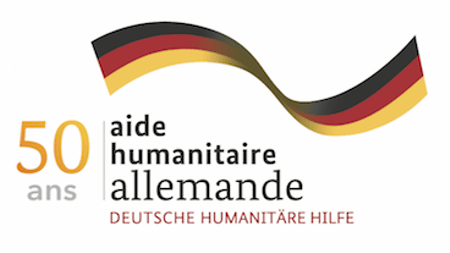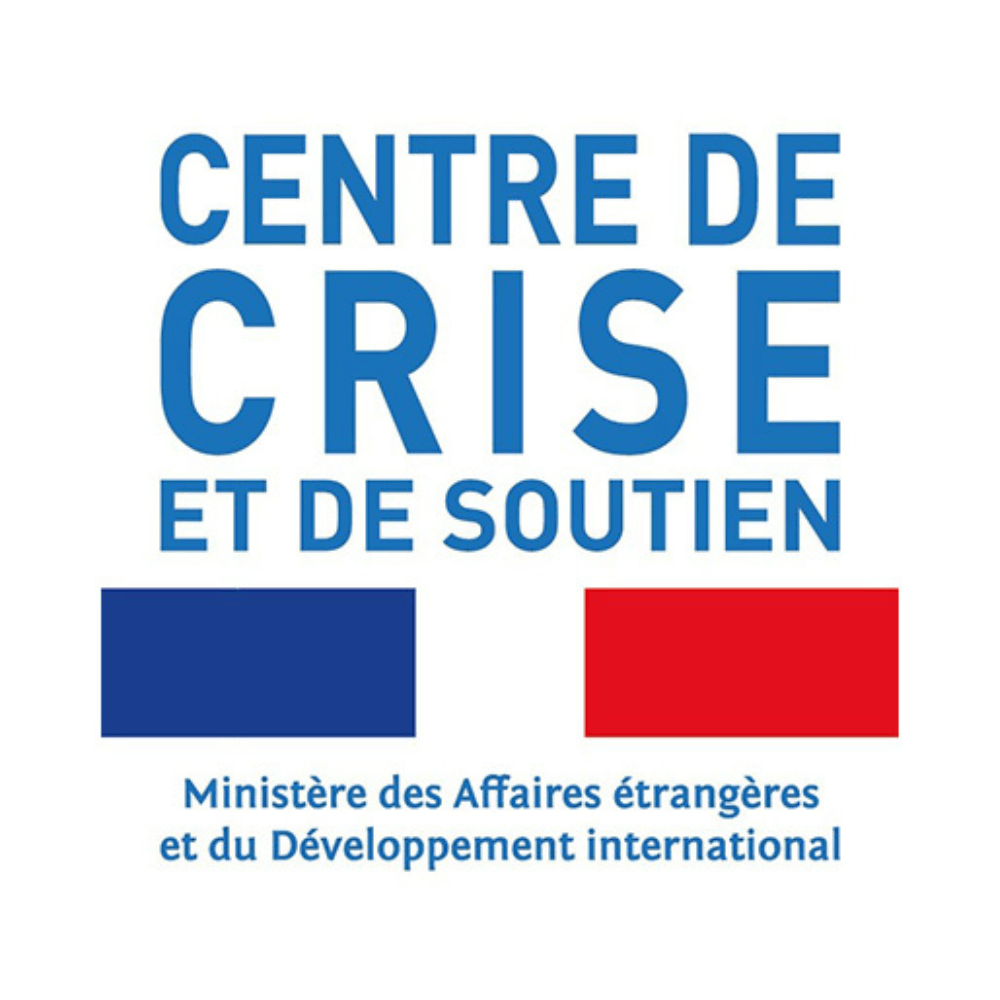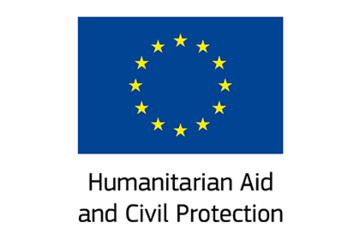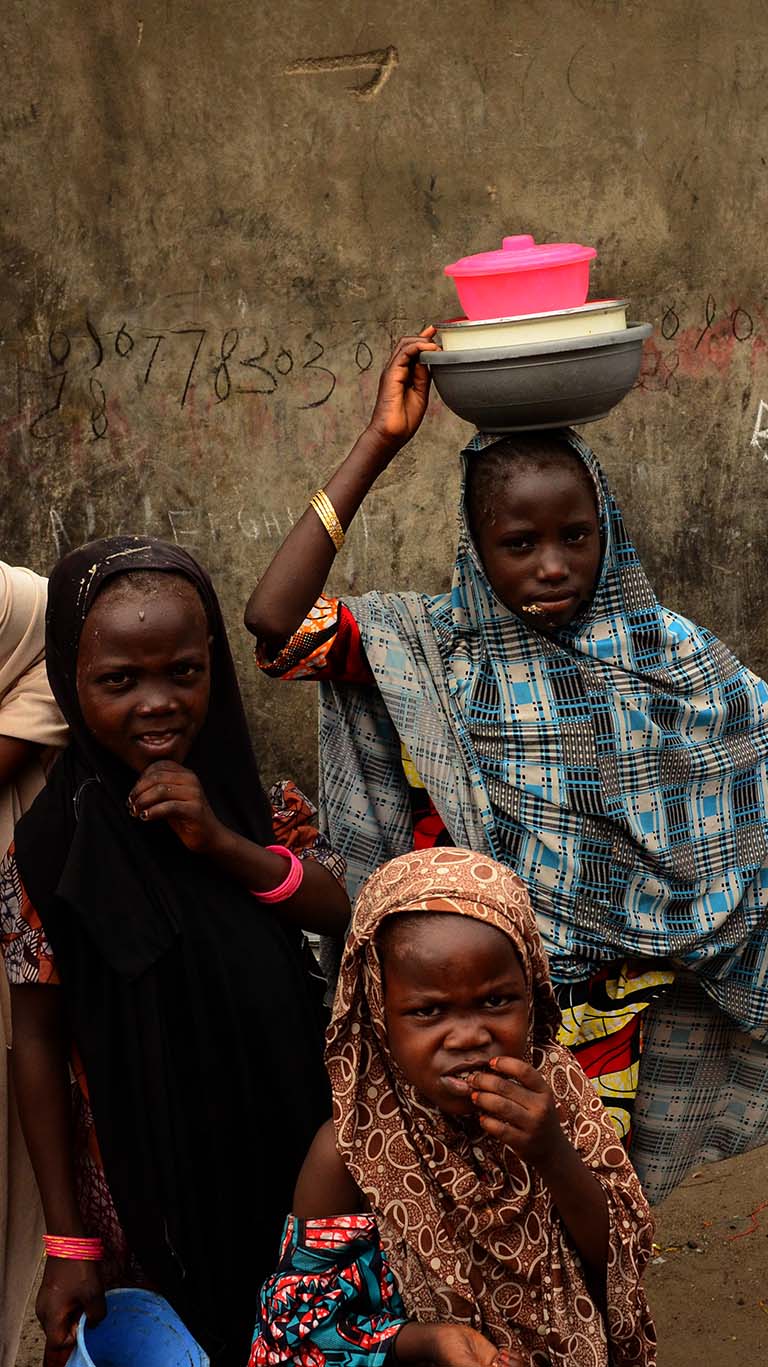
Nigeria
© Benedicte Kurzen
Médecins du Monde’s emergency response includes a range of humanitarian assistance programmes. Find out more below about our work and missions in Nigeria.
THE HUMANITARIAN SITUATION IN NIGERIA
The humanitarian crisis in Nigeria caused by armed conflicts affecting the country is creating a need to provide medical assistance in the impacted areas.
The situation in Borno State remains alarming.
Most functioning establishments are still lacking qualified healthcare staff, have not enough supply and medical equipment, or are located in areas increasingly difficult to access. This situation makes access to primary healthcare difficult for displaced people or hosting communities. Living conditions are difficult, the lack of drinking water and poor hygiene conditions in camps increase the risks of epidemics such as cholera, measles and meningitis. These epidemics are an additional burden on a already weak health system.
According to the Cadre Harmonisé report of October 2021, Nigeria is also facing acute food insecurity.
Nearly 13 million people (8% of the population assessed) are in a state of critical high acute food insecurity (level 3 and 4) and need urgent care. The figures forecasted for August 2022 could reach 18 million (11%).
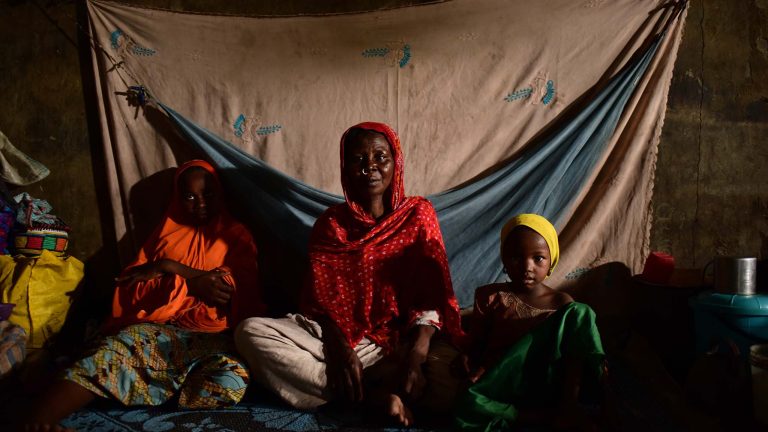
© Benedicte Kurzen
WHAT WE DO TO RESPOND TO THE HUMANITARIAN EMERGENCY IN NIGERIA
To deal with the alarming situation caused by conflicts and inequalities of access to healthcare, Médecins du Monde launched a humanitarian mission in Nigeria with the main goal of providing medical assistance to local populations.










